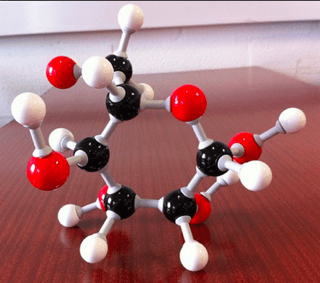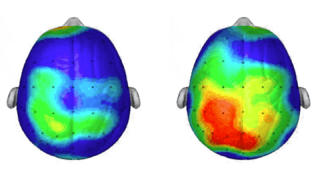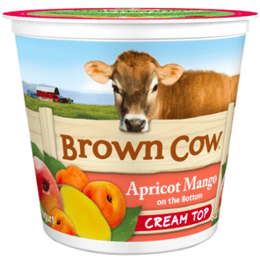It can be daunting to balance a sport (not to mention other extracurriculars) with a full course load of Honors and AP classes. Getting outside to exercise is often the first thing to go when we are time-crunched to finish an essay or study an exam, even though paradoxically, getting that exercise will often help us study more efficiently and boost our energy. In today’s blog, my goal is to make a case for these beneficial side-effects of exercise and discuss other important life skills that can be uniquely developed through athletics.

Your Brain on Exercise
Our knowledge of how the human brain is affected by physical exercise is still evolving, but animal studies have demonstrated that exercise increases the level of several important neurotransmitters in our brain, namely norepinephrine (responsible for increased alertness and attention) and dopamine (involved in feelings of pleasure and reward). Studies have also shown that physical activity stimulates release of opioids and endocannabinoids in the human body, which promote a sense of well-being and decrease sensitivity to pain.[1] Even more simply, exercise increases blood flow and oxygen to the brain, contributing to the feeling of “clearing your mind.”
All of these chemical changes in our bodies and our brains create an environment that is more fertile for learning: one in which we feel more alert and motivated to seek our goals. These benefits are often noticed after exercising when we sit down to study, but students report coming up with a new essay idea or suddenly seeing a new solution to a math problem during exercise too. Furthermore, regularly practicing and training with a sports team strengthens the neural pathways that are needed for that kind of discipline and work ethic in other arenas of life, such as preparing for a final exam or understanding a new physics concept.
Which brain just went for a walk?

Athletics also provides a lesson in what is now a cliche: “practice makes perfect.” This may seem obvious, but the same notion is not as pervasive in the realm of academics, perhaps because our society views “being smart” as a an intrinsic trait. Accordingly, we students often feel inadequate and frustrated if we do not immediately understand a new topic. Athletics can inform our self-talk so that next time we are confronted with a challenging idea in class, we steer away from telling ourselves, “I’m just not good at trigonometry,” and reassure ourselves instead, “I need to practice more and then I’ll get the hang of it.” Sure, our genetics play a minor role in intelligence and playing a sport well, but mostly it’s our effort and being lucky to grown up in an environment in which we can give our full effort.
Pressure to Perform
Playing a sport at a highly competitive level offers further rewards -- but also risks. First, competition demands that we develop strategies to maintain our calm and perform under high pressure, which correlates well to the stressful situations we face in academics, whether taking an exam or interviewing for college. Embrace these opportunities to practice a breathing exercise or positive visualization before a high-stakes game. The same techniques can then be used before your Spanish oral exam.

However, too much competition and stress can be toxic to our physical and mental health--essentially un-doing the beneficial physiological effects mentioned above! Ultimately, high school athletics are not professional (even though coaches and parents can sometimes forget this) and should not be causing you stomach aches before performing or excessive anxiety. A useful metric is whether you look forward to games and practices. If not, it may be worth considering a different team environment or a new sport or activity altogether. In fact, middle and high school is the perfect time to explore and develop various interests which will serve you well into adult life.
Skill Building
In addition to modulating our brain chemistry and nurturing our resiliency in the face of challenge, athletics also offer early opportunities to develop the life skills of leadership and teamwork that will be assets in later academics and career pursuits. For example, if you feel passionate about your sport, I would encourage you to step up and be a team captain. As a captain, you will learn how to create a positive environment for the mini-community of your team, how to ensure that all members feel heard and cared for, and how to bolster spirits when morale is low. These are invaluable traits that are often hard to learn or develop in the classroom.
I hope you’re feeling inspired to get out and move, regardless of how much is on your to-do list! And if you haven’t found a sport that you enjoy, don’t give up -- not everyone enjoys team sports, for example, so something more individual like dance, gymnastics, golf, swimming, or rock climbing might be your cup of tea. Keep exploring.
[1] Mello Portugal, Metta et al. “Neuroscience of Exercise: From Neurobiology Mechanisms to Mental Health.” Neuropsychobiology 2013;68: 1 - 14.
Interested in learning more about ways Anna can help you through the college admissions process?
Curious to read more on how mental health relates to academics? Check out the following posts!

Comments